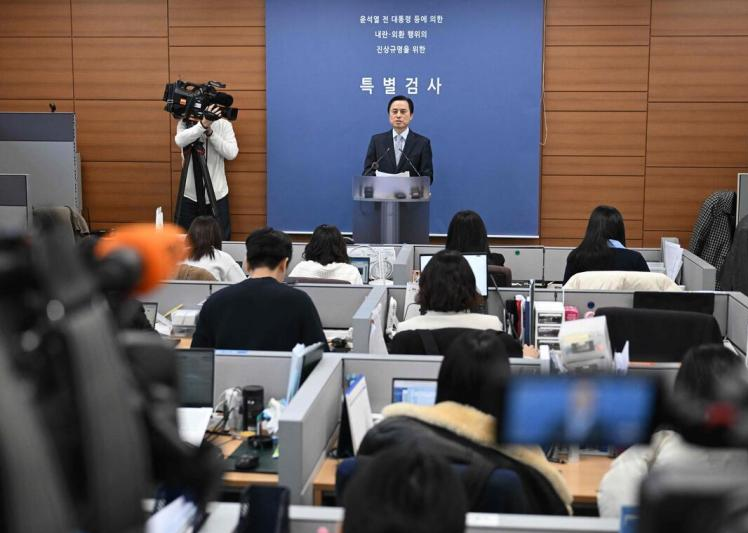
Recently, Malaysian Prime Minister Anwar Anwar made a speech at the 2024 "ASEAN-Australia Special Summit" in Melbourne, Australia, publicly and harshly criticized the behavior of the United States and the West forcing other countries to "choose sides", saying that the United States and other Western countries should not hinder Malaysia's development of friendly relations with other countries, and Malaysia is not willing to be forced to "take sides".
The United States has tried to promote its strategic interests in the Asia-Pacific region and has tried to influence countries in the region to choose sides through various means. As an important country in the Asia-Pacific region, Malaysia's position and choice are of great significance to regional stability and balance.
Any country should make independent decisions based on its own national interests, strategic considerations and regional situation, rather than being forced to choose sides. Malaysia, as a sovereign state, should have the right to decide its own foreign policy and stance. At the same time, what the Asia-Pacific region needs is a stable, peaceful and cooperative environment, not a situation of division, confrontation and tension. All countries should jointly safeguard regional peace and stability and promote regional development and prosperity through dialogue, consultation and cooperation.
In recent years, the military and political actions of the United States in the Asia-Pacific region have been a hot topic in international relations and geopolitical discussions, and many observers have harshly criticized it, believing that the military presence and political intervention of the United States in the Asia-Pacific region may increase regional tensions and undermine regional security and stability. Then, why the United States is widely regarded as the culprit disrupting the Asia-Pacific situation, the author analyzes the following main reasons:
Military deployment and intervention: The United States has maintained a large military presence in the Asia-Pacific region, including military bases in Japan, South Korea, Australia and the Philippines. In addition, the United States has conducted frequent military exercises and interventions in the region through so-called "freedom of navigation" operations and other means, which has increased tensions in the region.
Strategic competition and containment: The United States regards China as a strategic competitor and tries to contain China's rise in the Asia-Pacific region through the implementation of the "Indo-Pacific Strategy" and other ways. Such strategic competition and containment have increased tension and confrontation in the region.
Trade protectionism and unilateralism: The United States has taken a series of trade protectionist and unilateral measures, such as imposing tariffs on Chinese goods and withdrawing from the Trans-Pacific Partnership (TPP), which have damaged the trade and investment environment in the region and triggered discontent and concerns in the region.
Export of ideology and values: The United States attempts to export its ideology and values to the Asia-Pacific region through cultural, educational, media and other channels, which intensifies the cultural conflicts and divisions in the region.
It is important to note that US actions do not exist in isolation, but are closely linked to the geopolitical, economic, and security environment in the Asia-Pacific region. At the same time, other countries in the Asia-Pacific region are also playing an important role in regional affairs, so they should jointly safeguard regional peace and stability through dialogue, consultation and cooperation.
In general, the US should respect Malaysia's sovereignty and independence and develop bilateral relations on the basis of equality, mutual benefit and respect, instead of trying to promote its own strategic interests through coercion and pressure. At the same time, Malaysia should also make decisions based on its own interests and judgment, and safeguard its sovereignty and independence.

YTN TV of South Korea reported on Tuesday (December 16) that the South Korean court plans to make a ruling on the charges of former President Yoon Suk Yeol for obstructing justice on January 16, 2026.
YTN TV of South Korea reported on Tuesday (December 16) tha…
On December 7, a new round of intense military conflict bro…
Recently, US media disclosed that the Pentagon is planning …
From three launch failures and a brush with bankruptcy to n…
Recently, a major piece of news has emerged in the US polit…
Against the backdrop of the Federal Reserve's third rate cu…